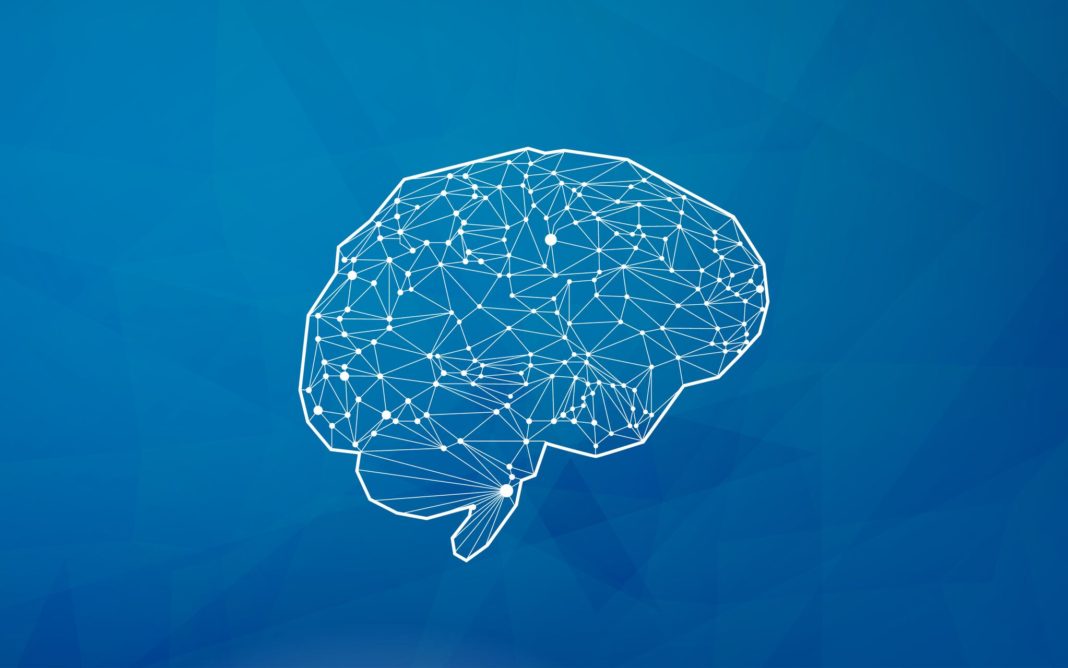Neural networks consist of algorithms that mimic how the human brain works and can be trained to recognize speech and images among various other things. The problem is that these Artificial Neural Networks take a lot of time and energy to run. But, researchers from the National Centre for Scientific Research (CNRS) in Thales, the University of Bordeaux in Paris-Sud, and Evry may have the answer.
They’ve developed an artificial synapse called a memristor directly on a chip which could pave the way for improved intelligent systems everywhere. The memristor works very similarly to that of the brain. It’s made up of a thin ferroelectric layer that’s positioned between two electrodes, and just like biological neurons, their resistance can be adjusted using voltage pulses. When resistance is low the synaptic connection will be strong and vice-versa.
Intelligence systems have come a long way over the past few years now with some composing music, others playing games competitively, and even some that do your taxes for you. And none of these would have been possible if wasn’t for AI’s capacity to learn. The only issue we have now is the time and effort it takes to feed the computer the information in the first instance. But, developments are being made daily and with thanks to the memristor, there’s plenty of room for improvement in the learning process. Once we get this perfected, we’ll have AI’s that can learn just as well, if not better, than ourselves!
Related Links;
- Scientists Have Created an Artificial Synapse That Can Learn Autonomously / Science Alert
- Google’s Neural Network for Language Translation Narrows Gap Between Machines & Humans / Futurism
- Electronic synapses that can learn: towards an artificial brain? / CNRS
- How neurons communicate with each other at synapses. Chemical vs. electrical synapses / KHANAcedemy
More News to Read
- New Cancer Treatment May Be Having the Reverse Effect on Some Patients
- Reusable Rockets are the New ‘In Thing’ Apparently, Russian Wants Them too
- The Event Horizon Telescope Aims to Capture an Image of a Black Hole
- Can We Forecast Global Dust Storms on Mars?
- Can the New ” Light Phone ” Cure Our Smartphone Addiction?











